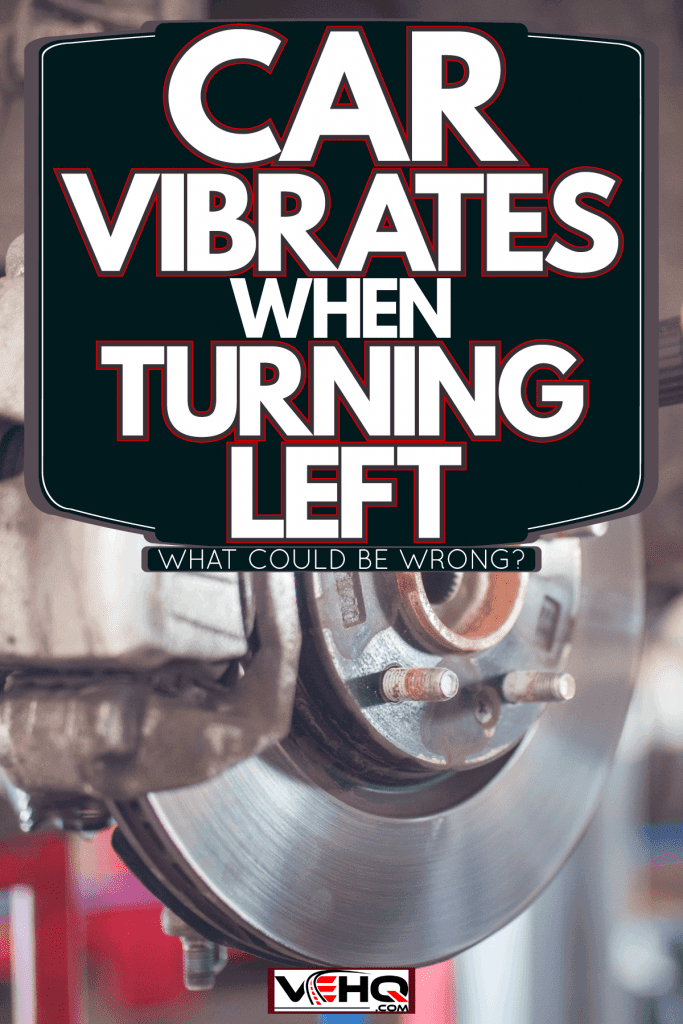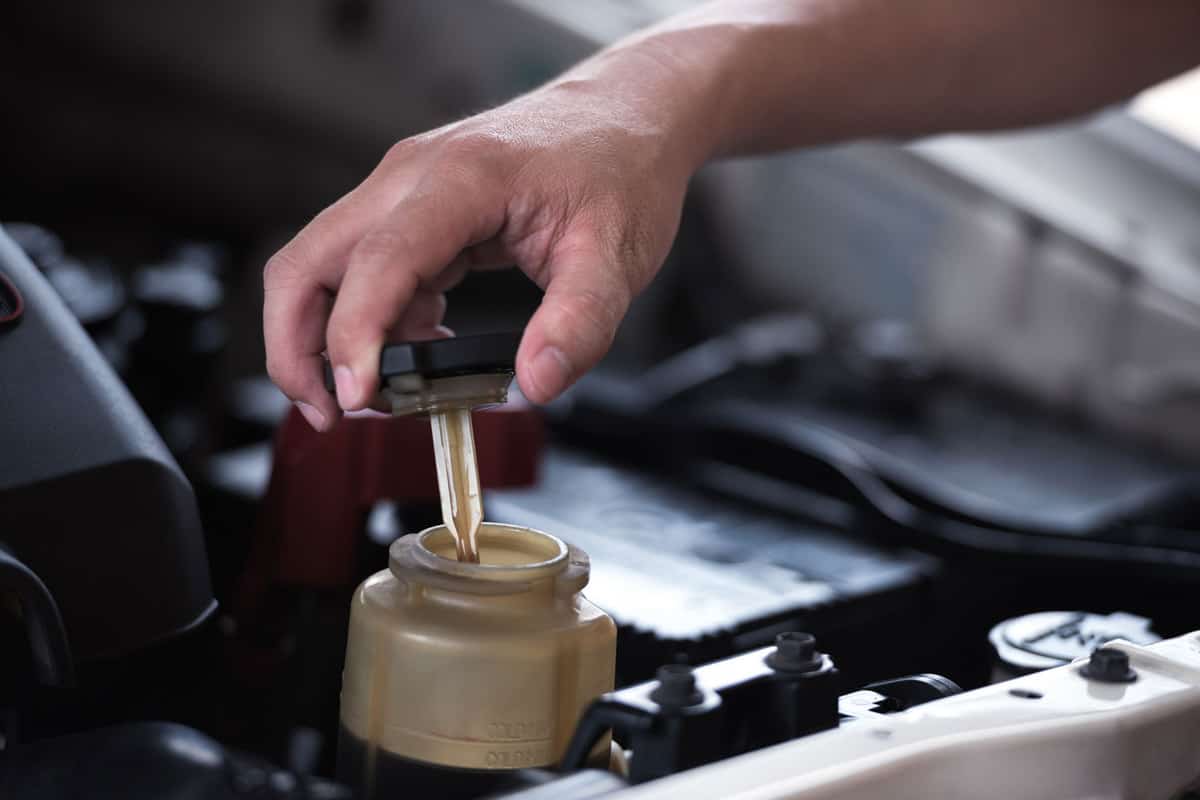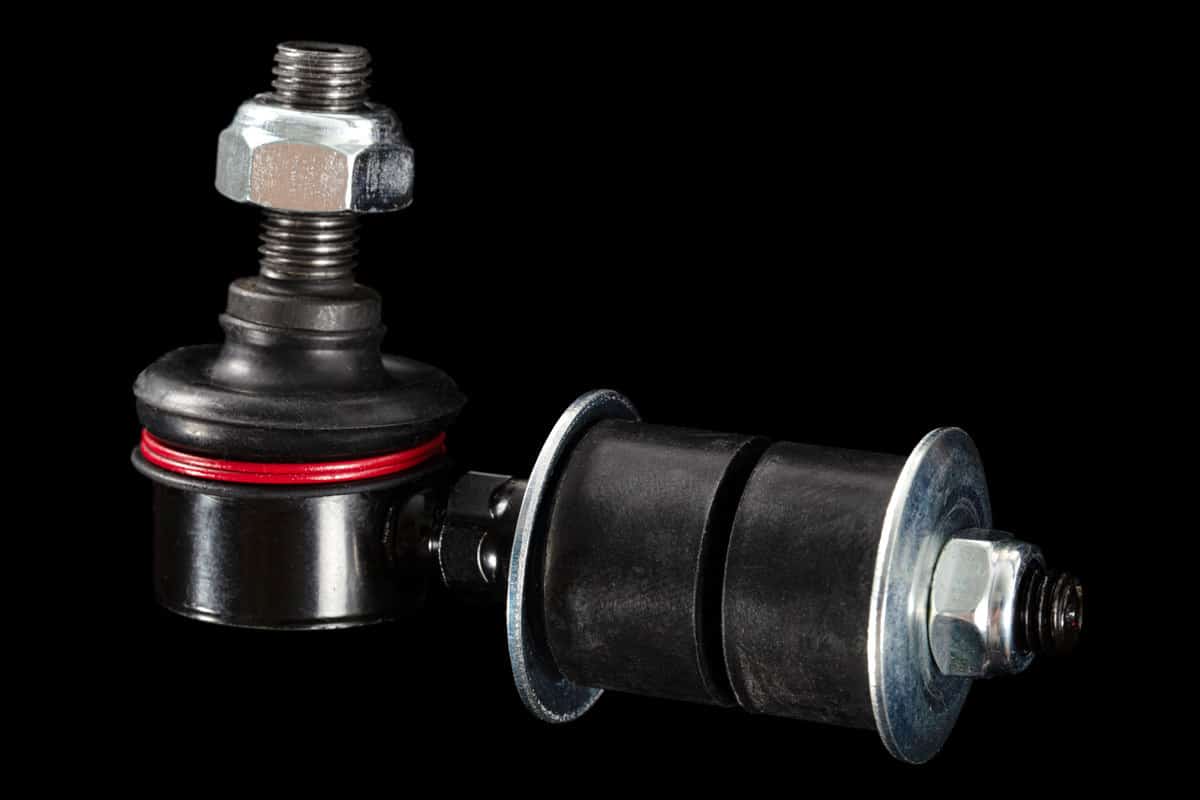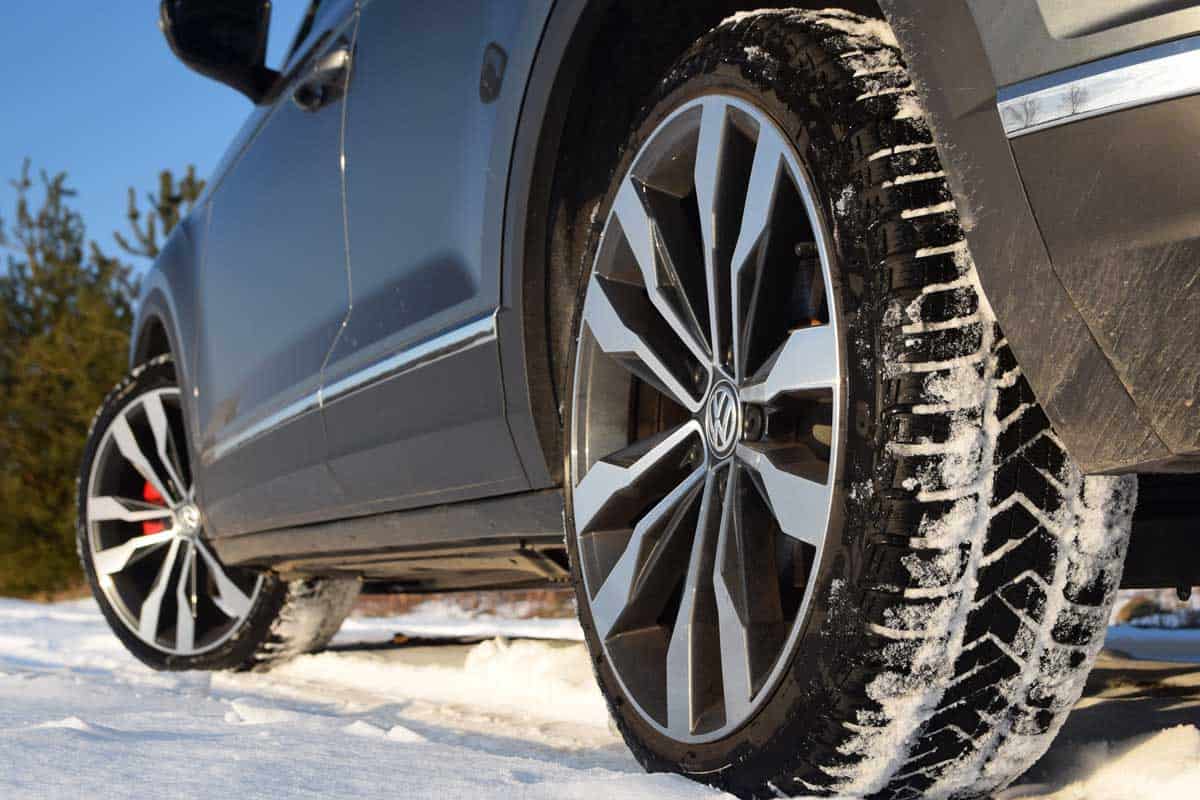When driving, there are always new problems to be solved. For example, one of many drivers' more common issues is a car vibrating when turning left. This can be very dangerous because it reduces control over the vehicle and makes it difficult for the driver to stay in their travel lane. So what could be causing this problem? Read on as we give the possible reasons as to why below!
The reason your car vibrates, shudders, or shakes, when turning left could be due to the following:
- Broken or loose tie rod
- Out of alignment
- Bad motor mount
- Low power steering fluid
- Faulty hydraulic damper
- Bad power steering pump
- Bad stabilizer bar
- Loose or damaged steering linkage
- Bad control arm bushings
- Bad front wheel bearings
- Bad brake rotors
- Bad shock absorbers or struts
- Unbalanced tires
We get it; this is an overwhelming list of possible culprits! However, the list can be even longer or shorter depending on your car model and make. But in this article, we will take a closer look at this list because they are the most common reasons your car vibrates when you are turning left. In addition, we will discuss the best plan of the strategy of fixing this issue, so read on!

Car Vibrates When Turning Left—What Could Be Wrong?
Vehicles are complex machines. With so many working parts, there is an endless amount of things that could go wrong when driving. For example, if the vehicle could be vibrating only when you turn left.
Nonetheless, these things do happen frequently, and the reason as to why isn't always straightforward. However, let's take a look at the most common reasons as to why this is going on:
Broken or Loose Tie Rod
The tie rod is a metal bar, usually made from steel or aluminum, connecting the car's wheel to the steering mechanism. It is located on the left and right of your vehicle's front axle. It attaches itself to the wheel of your car either through a ball joint or a kingpin connection.
Out of Alignment
Another possible cause of a car vibrating when turning left is that your wheels are out of alignment. To put it simply, your car's alignment refers to the orientation of a vehicle in a straight line in a specific direction. If aligned, your wheels should be pointing in the same direction.
Bad Motor Mount
A motor mount is a device designed to hold the engine in place. In turn, this prevents your car from excessively shaking when it is running at high speeds. What makes motor mounts even more critical for drivers is that they can be damaged or broken easily.
Low Power Steering Fluid

This fluid is crucial for ensuring that your car's steering system continues to function correctly. It lubricates all of the components within this system, which helps prevent wear and tear from occurring over time. So if there isn't enough power steering fluid in your car, this could be why your vehicle is vibrating.
Faulty Hydraulic Damper
This damper is another crucial component of a vehicle's steering system because it helps reduce vibration and shock. Indeed, it should help make even the bumpiest roads feel much smoother and easier to navigate.
Bad Power Steering Pump
Your vehicle's power steering pump turns gears in such a way that it can help move the wheels of your car. In addition, it is connected to a belt or gear attached to the crankshaft of your vehicle.
This pump also helps create hydraulic pressure, which provides a smooth power steering experience for drivers. If you feel a sudden loss of power from the wheel when turning then, this could be due to a bad power steering pump.
Bad Stabilizer Bar

For those of you who aren't familiar with stabilizer bars, these are metal rods that help reduce the amount of vibration within your vehicle. This helps keep it balanced so you can maneuver it much more smoothly.
Loose or Damaged Steering Linkage
The steering linkage is a series of rods, levers, and cables that help turn your car's wheels. They can be found in your engine bay with the help of a bit of detective work. There are many components comprising this system that could potentially go wrong over time if not properly maintained.
Bad Control Arm Bushings
The control arm is a metal rod that attaches the wheel of your car to the chassis. It is usually composed of several bushings, which help it work properly.
These components absorb vibrations, shocks, and other unwanted movements to make driving more comfortable for drivers. If these bushings are damaged or broken, the control arm can't do its job correctly, which may be why your car vibrated when turning left.
Bad Front Wheel Bearings
When you turn left, your front wheels should be able to move with relative ease. If the wheel bearings on these wheels are damaged for some reason, they will not function properly, which could cause your car to shake excessively when you make a turn.
Bad Brake Rotors
These metal discs help stop your car's wheels from moving, and perhaps this is why they can wear down over time or become warped. When this occurs, it could be the reason why your car is vibrating when turning left.
Bad Shock Absorbers or Struts
The shock absorbers and struts of your vehicle's suspension system help reduce the up and down motions that occur when driving. This is crucial for making sure you enjoy a comfortable ride every time you get behind the wheel.
By absorbing these vibrations, shocks, and bumps, the tires won't have to touch the road as much, which will help improve the lifespan of your tires. If any of these components are damaged or worn out, then this could be why your car is vibrating when turning left.
Unbalanced Tires

It may sound crazy, but one of your vehicle's tires can be out of balance. This can cause many problems for drivers because it can affect the steering mechanism and other components within your car's suspension system.
How much vibration is expected in a car?
There is no one-size-fits-all answer to this question because it depends on the car's make, model, and overall condition. For example, if the car is 30 years old, then you can expect more vibration than a new vehicle that shouldn't have any vibration at all.
Nonetheless, if you have a high degree of vibration when turning, no matter the age or mileage of the vehicle, then you should have the vehicle checked out.
How can you tell if a motor mount is bad?
You can't always tell when you have this problem, but some signs indicate a bad motor mount. Watch and listen for signs such as loud engine noises when hitting a bump or turning a corner.
In addition, if parts are breaking around the engine, such as belts, it could also be a sign. Lastly, heavy vibration is a good signal that you might need a new motor mount!
How long can you drive with a bad motor mount?
A damaged motor mount goes hand-in-hand with an unstable car. For example, if you notice that your vehicle significantly vibrates when turning left, then there's a chance that one or more of your motor mounts are worn or broken.
With that being said, you should only drive your car with a bad motor mount if it is the only way you can make it to a mechanic! But the best option is to get the vehicle towed and not drive it.
How much does it cost to replace a motor mount?
A car can be an expensive investment to make, so finding out you have a broken motor mount may result in more stress. The price of a new motor mount will depend on whether or not your mechanic uses aftermarket parts or OEM parts. However, on average, you can expect to pay between $300 and $600 for the motor mount replacement.
It never hurts to shop around and get price quotes from different mechanics unless you trust someone!
How do you fix a car vibration?
The best thing to do is start troubleshooting the vibration with the easiest and least practical issues first. Things such as checking your tires and seeing if your car needs an alignment are good to start with.
However, to save yourself time and money in the long run, the best thing to do is see a certified mechanic. Unless you are confident in working on cars, you could just cost yourself more time and money. In addition, you could cause more damage than help the issue.
Final Thoughts
Sometimes a car's vibration when turning left could be caused by something as simple as bad shocks or tires, but it can also be due to a motor mount. Those who don't want to repair their vehicle themselves should take it into the shop for an inspection from a certified mechanic. Doing so can save you time and money down the road!
For more maintenance guides, check out:
Should You Prime A New Fuel Pump?
